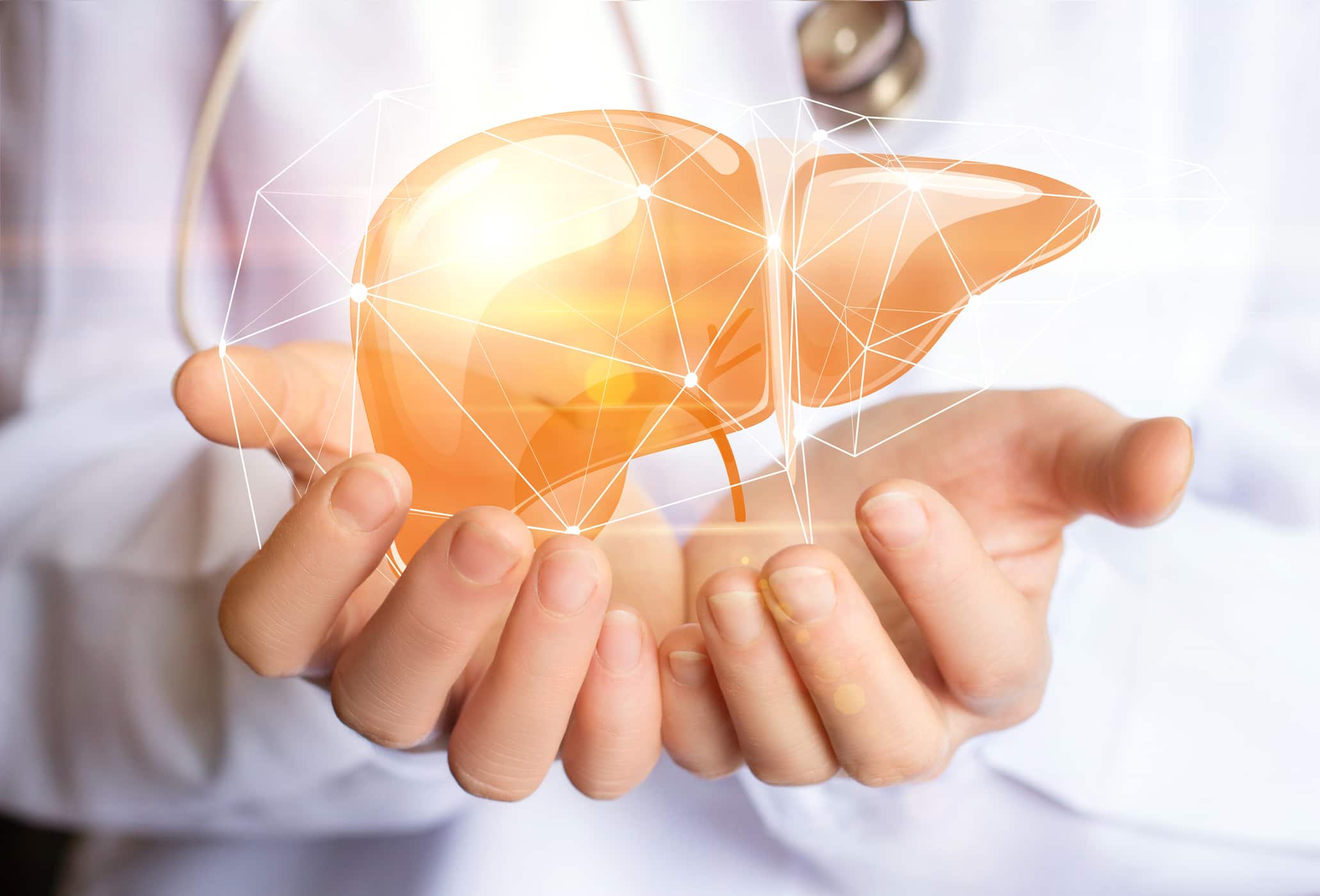Contents:
- Medical Video: What is Hepatitis C and Why Should You Care?
- Various body damage that can be caused by hepatitis C
- 1. The ability of the liver to produce bile is reduced
- 2. Damaging the brain
- 3. Interfering with the circulatory system
- 4. Damaging the thyroid
- 5. Damaging joints and muscles
- 6. Causes jaundice
Medical Video: What is Hepatitis C and Why Should You Care?
Hepatitis C not only infects the liver, but also damages other organs. Therefore, you should equip yourself with information about the effects of hepatitis C on your body's health, as explained below, to find out how to control the damage to your other organs.
Various body damage that can be caused by hepatitis C
1. The ability of the liver to produce bile is reduced
One of the functions of the liver is producing bile which functions to break down fat. Hepatitis C can inhibit the liver's ability to produce bile. Therefore, people with hepatitis C can feel pain in the right upper abdomen. A damaged liver does not produce enough albumin, a protein that can hold fluid in the cell. Many people with hepatitis C experience abdominal pain, diarrhea, and stomach cramps.
2. Damaging the brain
When the liver cannot filter out all the toxins from the blood, this buildup of toxic substances can damage the central nervous system and interfere with brain function. People who experience brain damage due to hepatitis C can feel symptoms such as breath that feels sweet or musty, weakening of small motor abilities, and sleep disorders. In addition, they can experience daze, forgetfulness, worsening concentration, personality changes, abnormal shaking, agitation (irritability / irritability), disorientation, and slurred speech. In the most severe cases, hepatitis C can cause coma
3. Interfering with the circulatory system
A healthy liver helps the circulatory system work smoothly. However, a liver that is not functioning properly can cause problems in the bloodstream that increase blood pressure. This can cause portal hypertension. Blood vessels can break if too narrow, causing serious internal bleeding. A healthy heart also helps convert sugar into glucose and stores it for energy. Too much sugar in the bloodstream can cause insulin resistance or type 2 diabetes.
4. Damaging the thyroid
The thyroid is part of the endocrine system and functions to supply the thyroxine hormone to the bloodstream. The hepatitis C virus can make the immune system attack the thyroid in some people. Hypothyroidism can cause lethargy and cold while hyperthyroidism can cause symptoms such as nervousness and rapid heartbeat.
5. Damaging joints and muscles
If you have hepatitis C, this will make you experience joint and muscle complications, which are a result of resistance to the immune system against the virus. One of the most common causes of joint and muscle pain due to hepatitis C is rheumatism (rheumatoid arthritis), a painful condition characterized by inflammation of the synovial joint.
6. Causes jaundice
There is one type of protein molecule called hemoglobin contained in red blood cells, which is responsible for transporting oxygen and iron to cells throughout the body. Bilirubin is another important substance in hemoglobin and is important in maintaining cells that form healthy skin, nails and hair. When the liver cannot carry out its duties, bilirubin can accumulate and make the skin and the white part of the eye turn yellow (jaundice).
Get immediate medical help if you suspect or experience one (or more) of the complications of hepatitis C above. The doctor will help you find the cause of your pain and recommend a method of treatment.
Hello Health Group does not provide medical advice, diagnosis or treatment.












